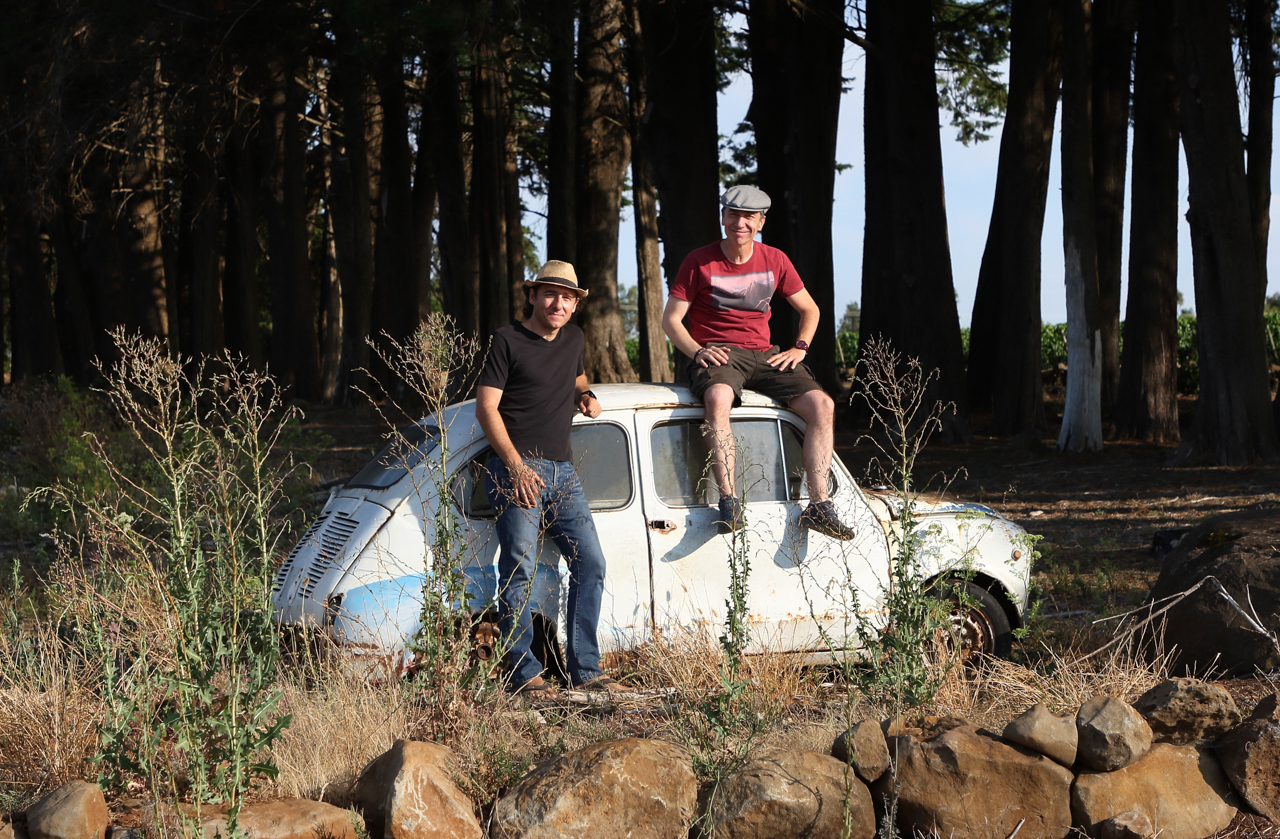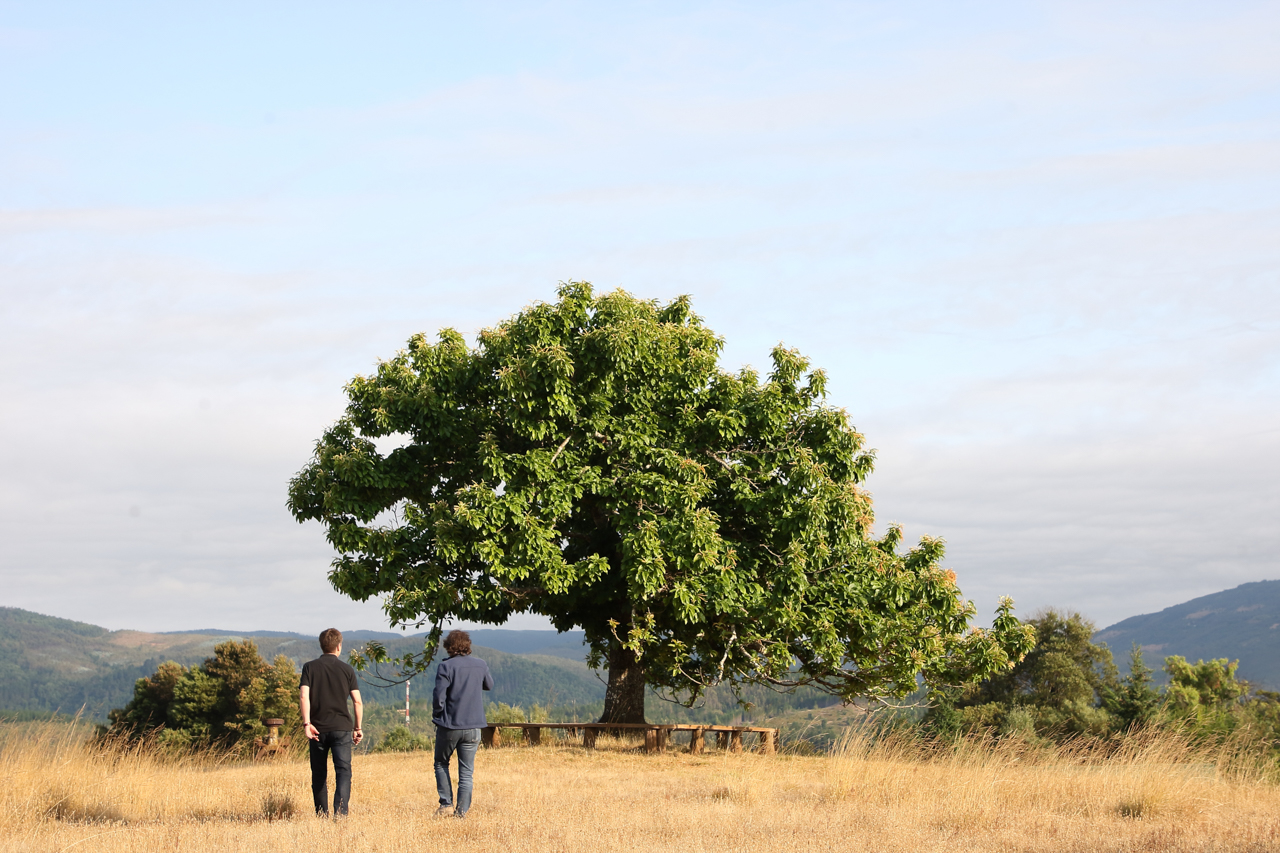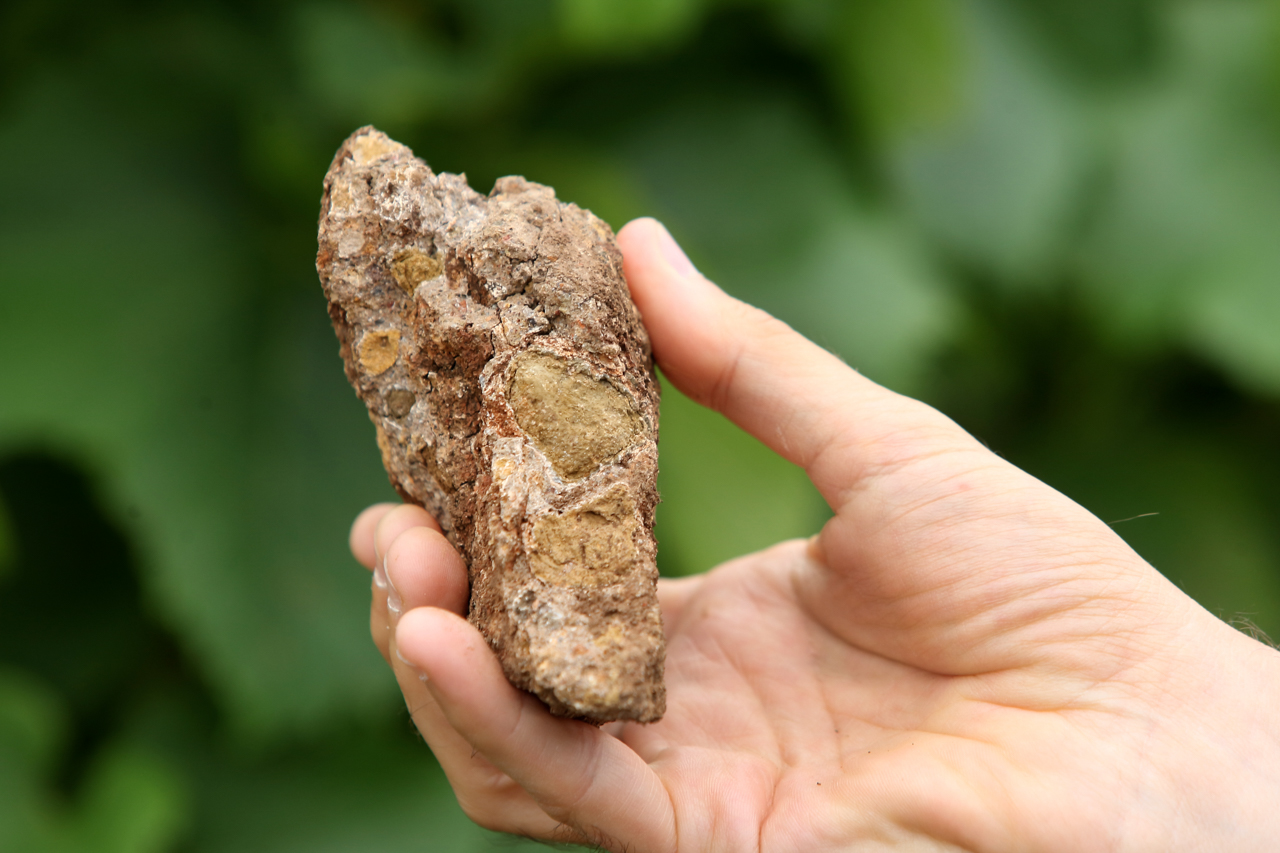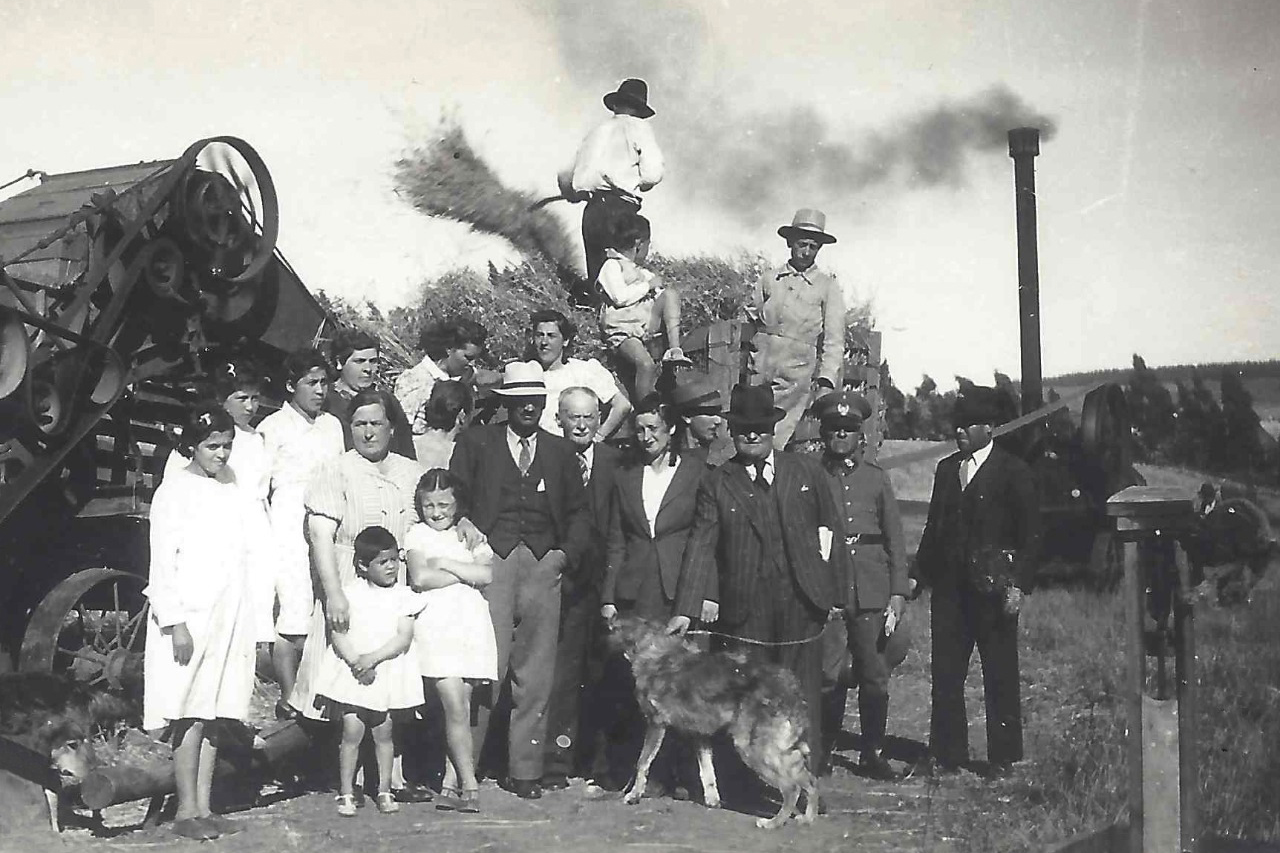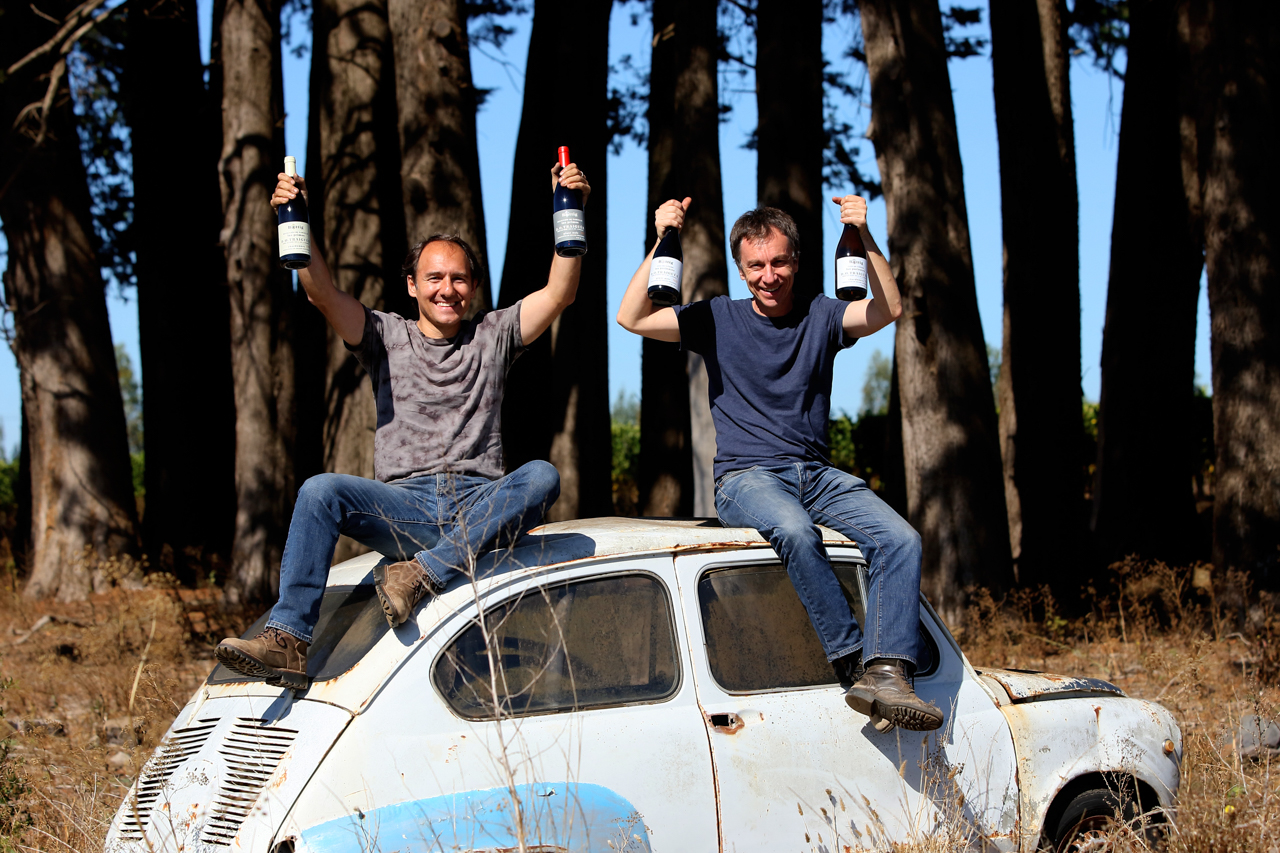

Francisco Baettig will be familiar to followers and fans of South American wines. After graduation from the University of Bordeaux […]
Keep ReadingFrancisco Baettig will be familiar to followers and fans of South American wines. After graduation from the University of Bordeaux in 2002, Francisco began working at Viña Errázuriz, where he instituted various changes in the vineyards and cellar to make it one of the premier estates in Chile. The range from this estate is remarkably diverse, and many of the projects he created there and at Viñedos Chadwick were groundbreaking for their time, most notably the Las Pizzaras Pinot Noir and Chardonnay. No summary of the best South American wine or most talented winemakers is published that doesn’t include Francisco.
If the name Baettig doesn’t sound typically Spanish, then you would be correct, as Francisco’s ancestors were Swiss. In the late 19th century, the Baettigs settled in Malleco, a province in Chile 600 km south of Santiago. While Francisco has spent much of his career further north, his pursuit of balance, freshness, and elegance with his Chardonnays and Pinot Noirs made him wonder if his birthplace might be better suited for these varieties. So, he returned home rather than simply moving close to the ocean, as many others have done. In 2013, along with the assistance of his friend Carlos de Carlos, Francisco Baettig began planting Viñedo Los Suizos, and Vinos Baettig was born.
As with much of Chile, the geology of Malleco is strongly influenced by plate tectonics and Andean volcanoes. As a result, much of the bedrock and gravels are volcanic in origin, and the red clay and loamy topsoils were laid down by eons of the region’s rich biodiversity. Located far to the south in Chile, Malleco also benefits from lower UV radiation and cooler temperatures. It is the ideal location for growing Pinot Noir and Chardonnay with unrivaled purity and freshness.
Today, 9 hectares of Pinot Noir and 6.4 hectares of Chardonnay are planted in Francisco’s home vineyard, Viñedo Los Suizos. Farming is manual without chemical inputs, and the harvest is conducted by hand. Despite the size, production remains limited as Francisco sells a portion of his fruit to some of the top names in Chile. Fermentations are all indigenous, and the wines are aged entirely in French oak barrels.
CloseCarlos de Carlos & Francisco Baettig
Malleco – a land ideally suited for dry-farming Pinot Noir and Chardonnay
Francisco Baettig at harvest.
Example of volcanic gravel in Viñedos Los Suizos. The iron in the red clay soil is also volcanic in origin.
The Baetiig family circa 1900
Carlos and Francisco
